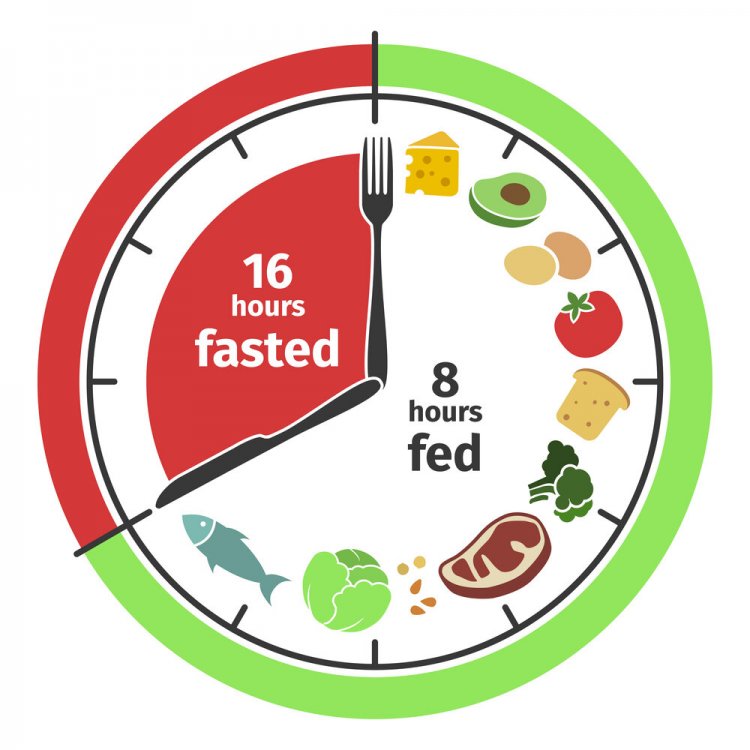Intermittent Fasting: The 16:8 Diet

It is popular! It is trending! And it is everywhere!
Intermittent fasting is acquiring a name for itself in the world full of Fad-Diets. People are using it to lose weight, improve their health, and simplify their lifestyles. Many studies show that it can have powerful effects on your body and brain and may even help you live longer.
Rather than being called a diet, Intermittent fasting is more of an eating pattern that cycles between periods of fasting and eating. It doesn’t specify which foods you should eat but rather when you should eat them.
Fasting has been a practice throughout human evolution. Humans are very well evolved to be able to function without food for extended periods of time. In fact, fasting from time to time is more natural than always eating five (or more) meals per day. Fasting is also often done for religious or spiritual reasons including in Hinduism, Islam, Christianity, Judaism, and Buddhism.
Within this eating pattern too, there are different (popularly 4) methods to carry out this plan. Every method can be effective but figuring out which one works best depends on the individual.
- The 16/8 method: Also called the ‘Lean-gains protocol’, it involves skipping breakfast and restricting your daily eating period to 8 hours, such as 1–9 p.m. Then you fast for 16 hours in between.
- Eat-Stop-Eat: This involves fasting for 24 hours, once or twice a week, for example by not eating from dinner one day until dinner the next day.
- The 5:2 diet: With this method, you consume only 500–600 calories on two non-consecutive days of the week but eat normally the other 5 days.
- The Warrior Method: The Warrior Diet was popularized by fitness expert Ori Hofmekler. It involves eating small amounts of raw fruits and vegetables during the day and eating one huge meal at night. Basically, you fast all day and feast at night within a four-hour eating window.
You don't need to follow a structured intermittent fasting plan to reap some of its benefits. Another option is to simply skip meals from time to time, such as when you don't feel hungry or are too busy to cook and eat.
This diet is a weight-loss tool that may work for many, although it doesn't work for everyone. We want you to note that it is not recommended for people who have or are prone to eating disorders. Also, one should keep in mind that- it is not possible to binge on junk foods during the eating periods. If you decide to try intermittent fasting, keep in mind that diet quality is crucial.















































